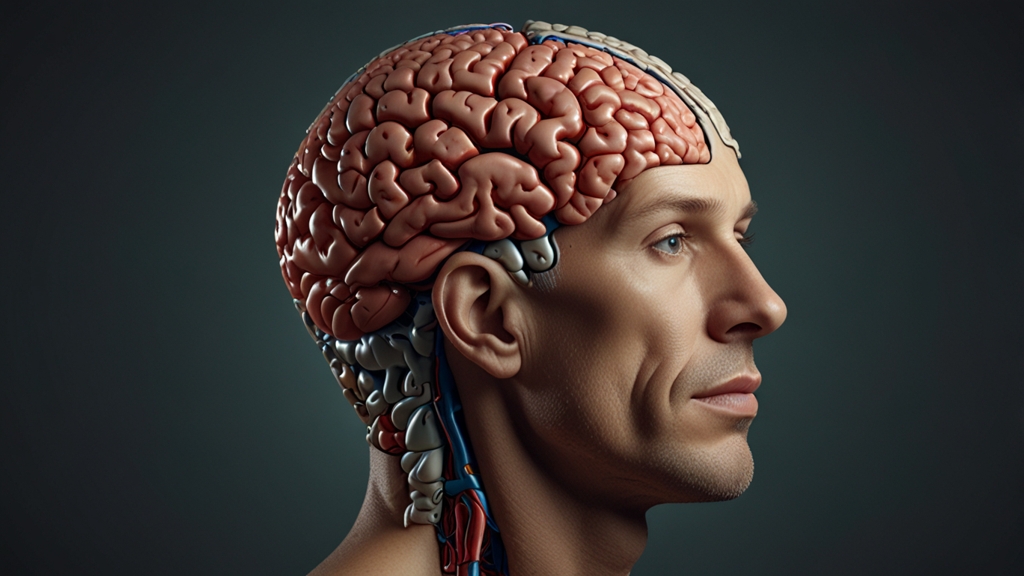The Allure of Greek Mythology in Today's World
Greek mythology has stood the test of time, captivating the imagination of individuals across generations and cultures. The tales of gods, goddesses, heroes, and monsters continue to permeate various aspects of modern life. From literature and cinema to psychology and everyday language, the impact of these ancient stories remains profound. But what makes Greek mythology so enduringly fascinating? This article explores the various dimensions of its appeal in today's world.
A Rich Repository of Universal Themes
One of the primary reasons Greek mythology continues to resonate is its exploration of universal themes. Concepts such as love, power, betrayal, and transformation are not bound by time or culture. Stories like the tragic love affair between Orpheus and Eurydice, the power struggle among the Olympian gods, and the heroic feats of Hercules are archetypal narratives that speak to the human condition. These timeless themes allow individuals from all walks of life to find something relatable in Greek myths.
"The fact that these myths tackle profound human experiences makes them perennially relevant," says Dr. Emily Johnson, a comparative mythology expert. "They offer perspectives on the complexities and challenges faced by people, irrespective of the era."
Cultural and Educational Significance
Greek mythology also holds an educational value that cannot be overstated. Many educational curricula incorporate Greek myths to teach students about literature, history, and the arts. Knowing these myths enriches one's understanding of Western culture, including its languages. Terms like "Achilles' heel," "Herculean effort," and "Pandora's box" are rooted in Greek mythology and are commonly used in modern language.
In literature and cinema, Greek myths provide a reservoir of inspiration. Countless novels, plays, and films have drawn from these ancient stories. Movies like "Clash of the Titans," "Percy Jackson & the Olympians," and even Disney's "Hercules" are modern retellings that bring these old tales to new audiences. Through these adaptations, Greek mythology remains a living, breathing part of contemporary culture.
The Psychological Dimension
Beyond its cultural impact, Greek mythology offers psychological insights, a dimension famously explored by psychoanalyst Carl Jung and mythologist Joseph Campbell. These myths serve as a collective unconscious, portraying archetypes that are innate to human psyche. Whether it is the wise Athena, the duplicitous Loki, or the nurturing Demeter, these characters symbolize various aspects of human nature.
"Myths are public dreams, dreams are private myths," said Joseph Campbell. This statement encapsulates the psychological resonance of Greek mythology, making it a valuable tool for introspection and self-understanding.
Modern Spirituality and Neo-Paganism
In addition to its psychological and educational facets, Greek mythology has found a place in modern spirituality. Neo-pagan movements often incorporate ancient Greek deities and rituals into their spiritual practices. Temples dedicated to gods like Apollo and Athena are not just relics of the past but are worshipped in certain modern spiritual circles. This resurgence is a testament to the enduring allure of these myths, transcending mere stories to become a part of contemporary spiritual life.
A Reflection of Human Complexity
In many ways, the myths mirror the complexity of human emotions and interactions. Characters like Zeus, who is both a wise ruler and a flawed being, or Hera, who embodies both strength and jealousy, exemplify the multifaceted nature of human beings. Greek mythology does not offer one-dimensional characters but rather presents intricate personalities that reflect the complexities of real life.
As our world becomes increasingly complex and interconnected, these stories offer a mirror to our own experiences, highlighting our strengths, weaknesses, and everything in between. The allure of Greek mythology lies in its ability to provide both escapism and reflection, offering lessons and entertainment in equal measure.
Conclusion
The allure of Greek mythology in today's world can be attributed to its exploration of universal themes, cultural significance, psychological insights, modern spiritual connections, and its reflection of human complexity. These myths are more than just archaic tales; they are enduring narratives that continue to bear relevance in contemporary times. As long as humans continue to seek meaning, understanding, and inspiration, Greek mythology will undoubtedly remain a cornerstone of cultural and intellectual exploration.









